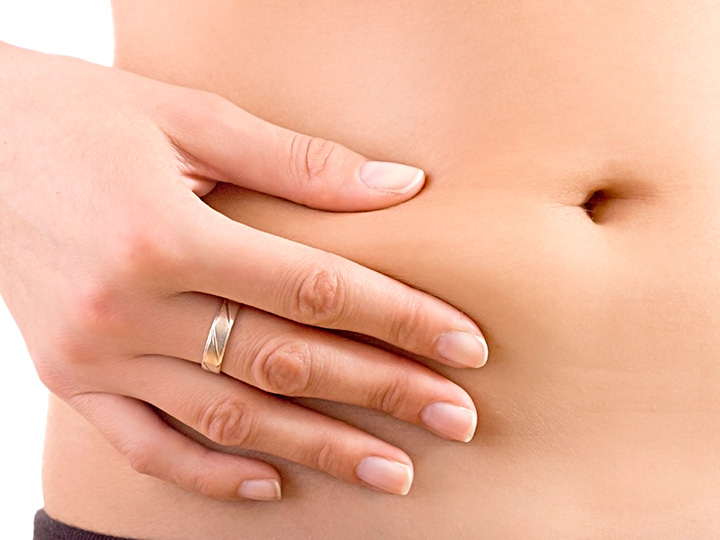What is Fat?

Of the three macronutrients, fats are the most energy-dense around. Fats are insoluble in water (this is why oil and water cannot be mixed) and it should also be noted that oils are fats liquid at room temperature. Fats are grouped into three categories: simple fats (triglycerides), compound fats (phospholipids, glucolipids, lipoproteins), and derived fats (cholesterol). Aside from being a large source of energy for the body, fat is used to protect internal organs as well as provide insulation against the cold and help retain bodily heat.
Types of Fat
Fats are often viewed as the enemy by uneducated individuals. The truth is, fats are absolutely essential to overall bodily health. The trick is to find appropriate amounts of the good fats, while cutting out as much as possible of the bad fats. There are two good types of fat, and three types of bad fat.
Good fat:
- Monounsaturated
- Polyunsaturated (includes Omega-3's and Omega-6's also known as essential fatty acids)
Bad fat:
- Saturated
- Dietary Cholesterol
- Trans (man-made fat from partially hydrogenated vegetable oils)
The difference between all these types of fat are the amount of hydrogen atoms attached to the molecule. Imagine the good fats as a single string of spaghetti, not tangled and very easy to straighten out. Monounsaturated fats are the least tangled piece of spaghetti. Now, imagine the bad fats as a whole bowl of spaghetti in a large mess that is very difficult to untangle. Trans-fats are the most complex and tangled messes around.
Effects of Not Enough Fat in the Diet
While most individuals will not encounter an issue with too little fat in one's diet, the effects must be explored. Individuals that go to extreme lengths to cut fat from their diet put themselves are great risk for serious health consequences. The body can be left unprotected without having appropriate amounts of fat to protect internal organs. With no reserve energy source, one can start to experience low levels of energy as the day progresses. Fat is essential at breaking down vitamins and minerals as well as maintaining consistent glycogen levels. One of the most important functions of fat is for your brain. The human brain is more than 60% structural fat. Without fat, your brain cannot maintain a health state. Fatty acid deficiencies have also been associated with eczema, which causes the skin to rash and itch.
Effects of Too Much Fat in the Diet
The growing epidemic of obesity in America shows that most Americans are receiving more than their fair share of dietary fat. Consuming large quantities of fat without appropriate exercise to counter this large amount of calories will result in weight gain. Too much cholesterol (the bad kind, LDL) can lead to high blood pressure and coronary disease from plaque build-up in the arteries.
When an individual goes down the path of weight gain without an emphasis on fitness and nutrition, it is easy to fall into a lifestyle that lends itself to the easy way out, picking up fast food instead of cooking a nutritious meal, watching another television show instead of heading to the gym, etc. The good news, this does not have to be a permanent path, it is reversible. One of the best ways to get back on the path of healthiness is to start a cardio program.




